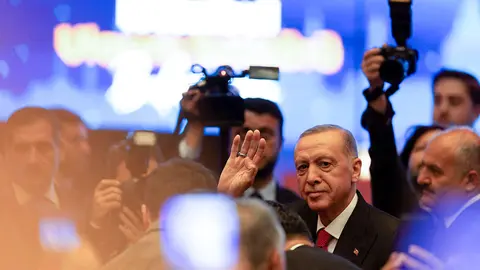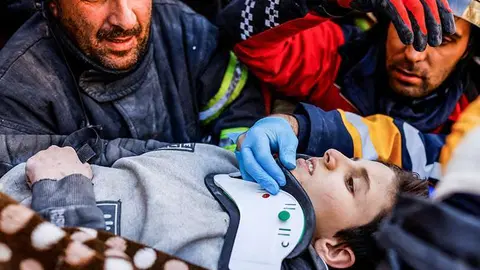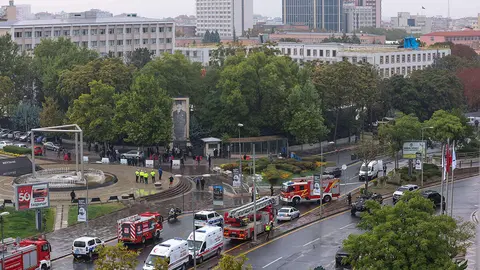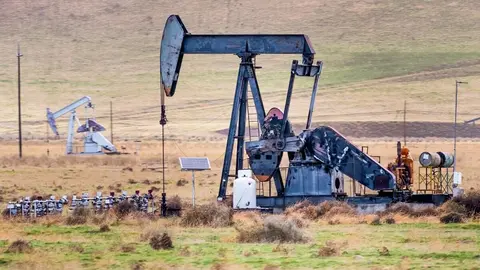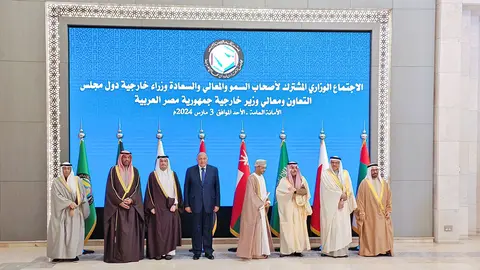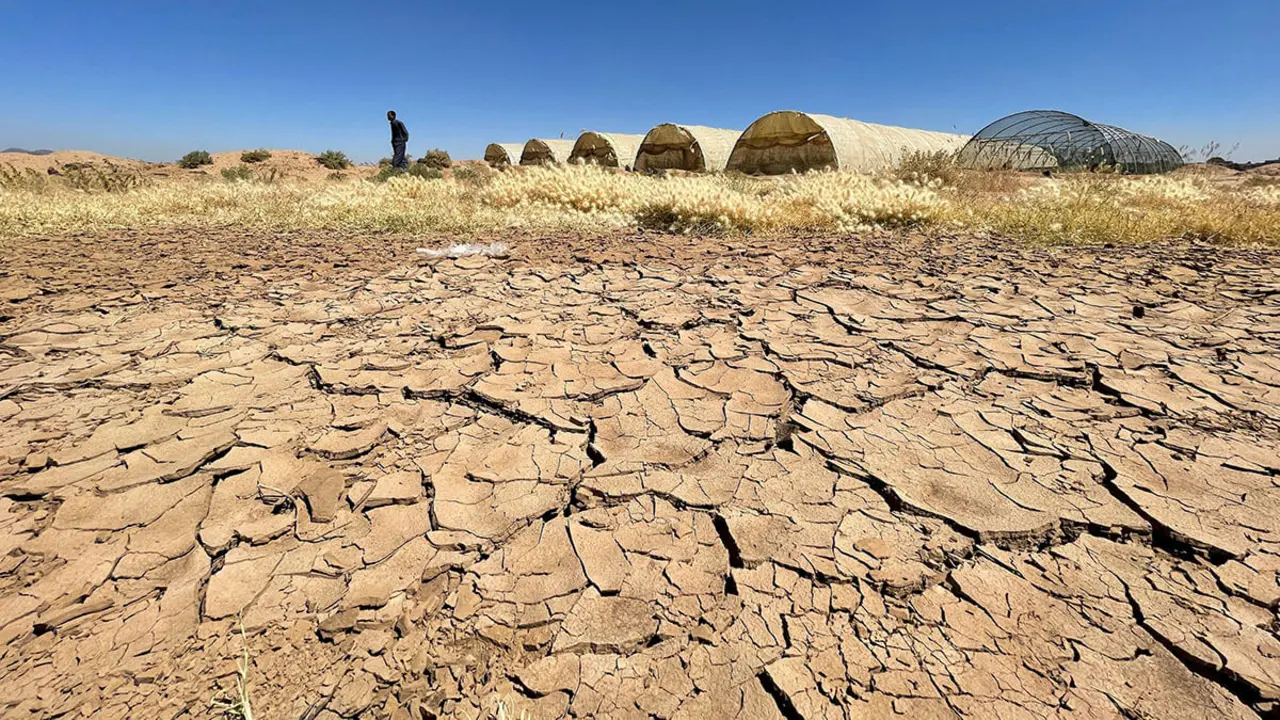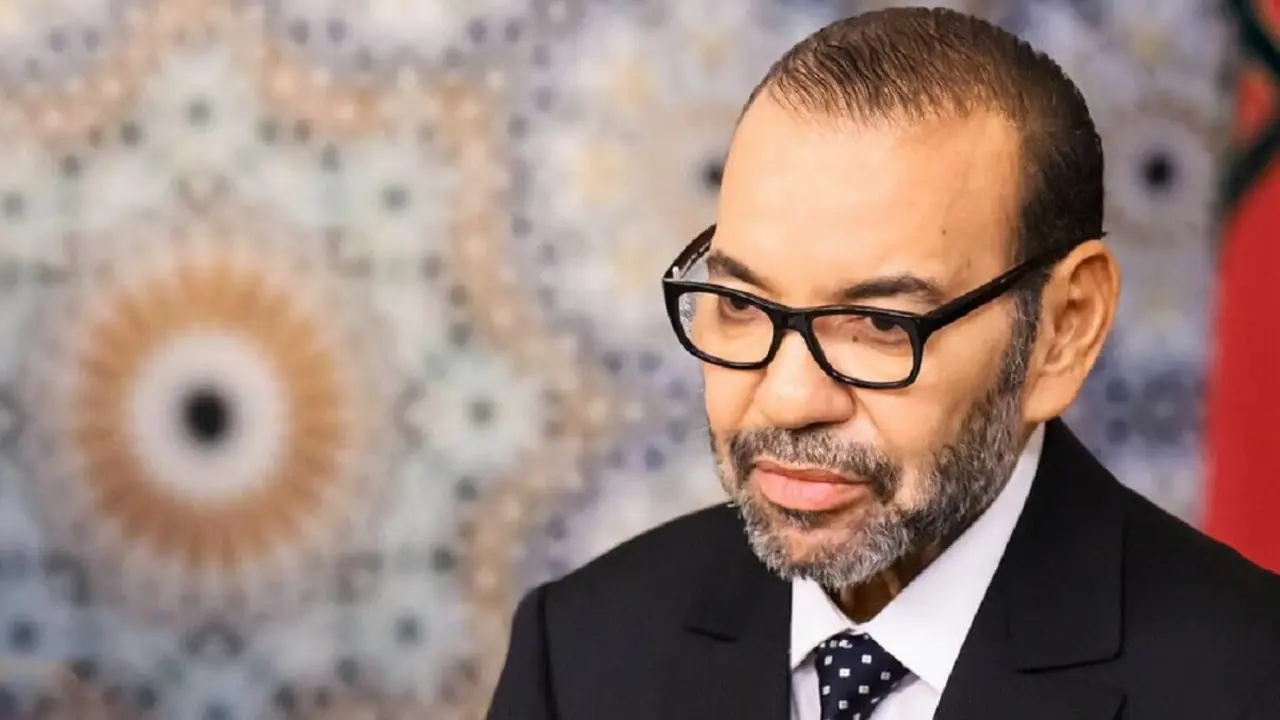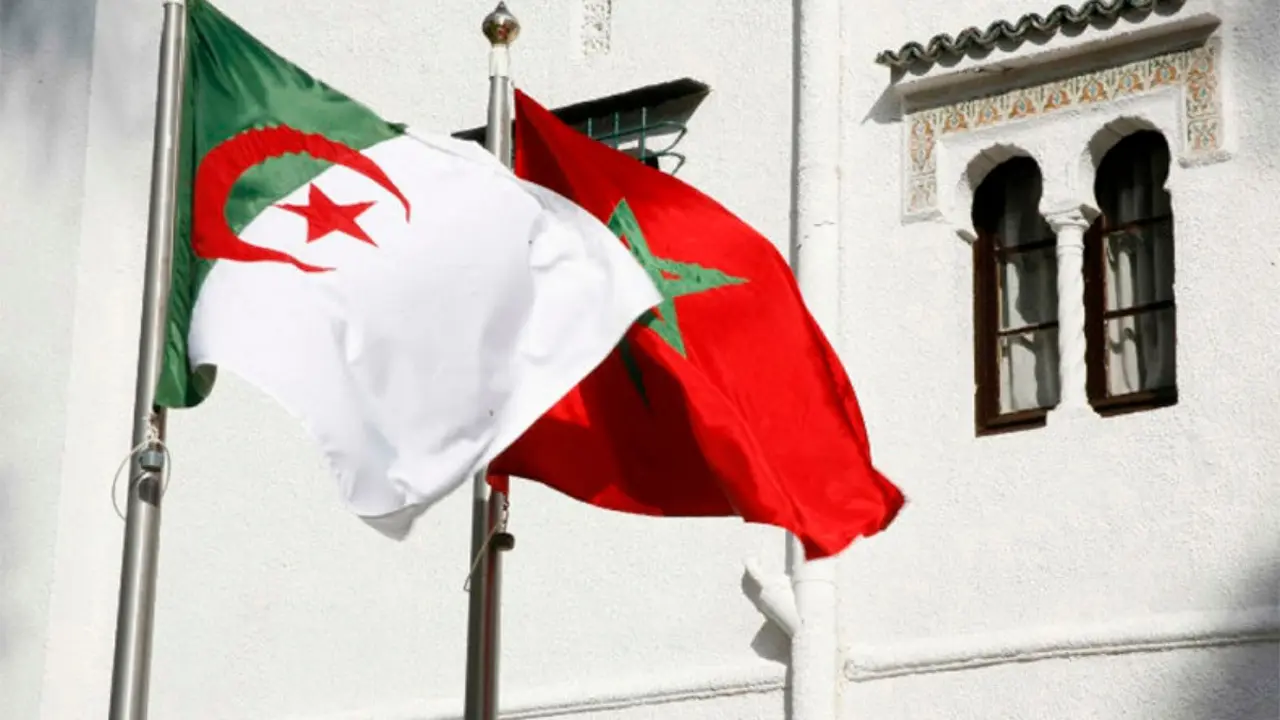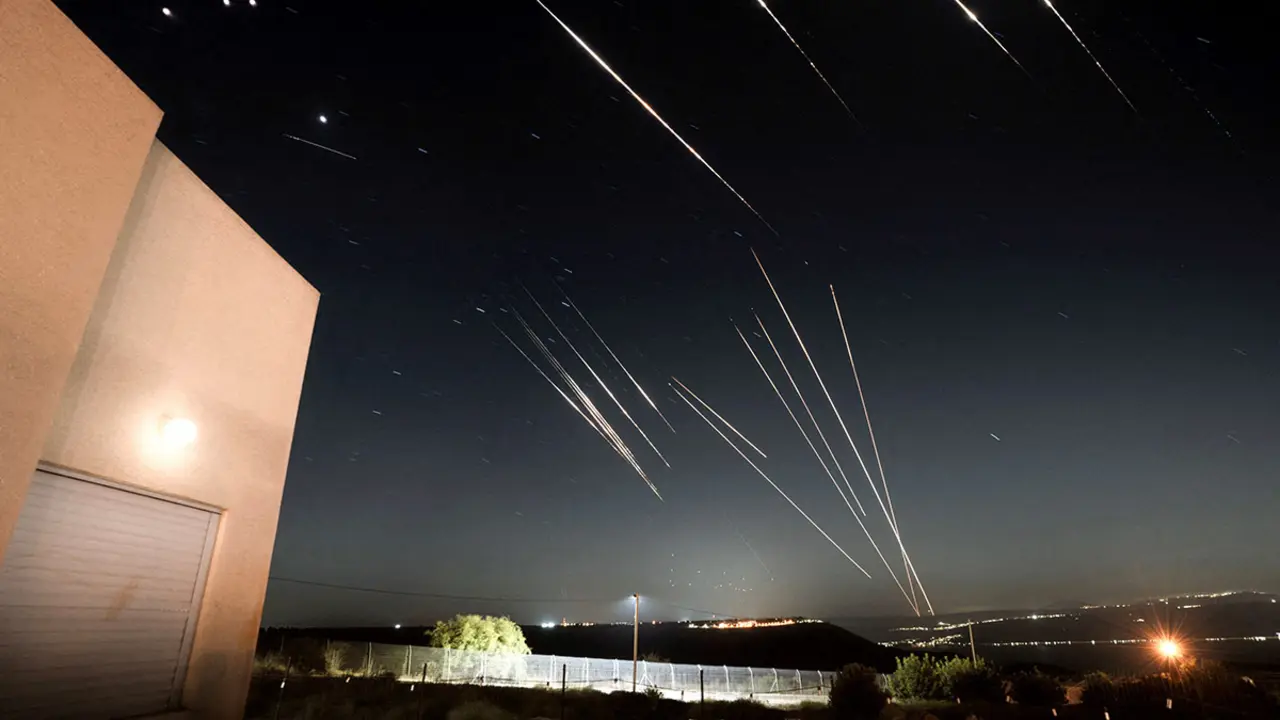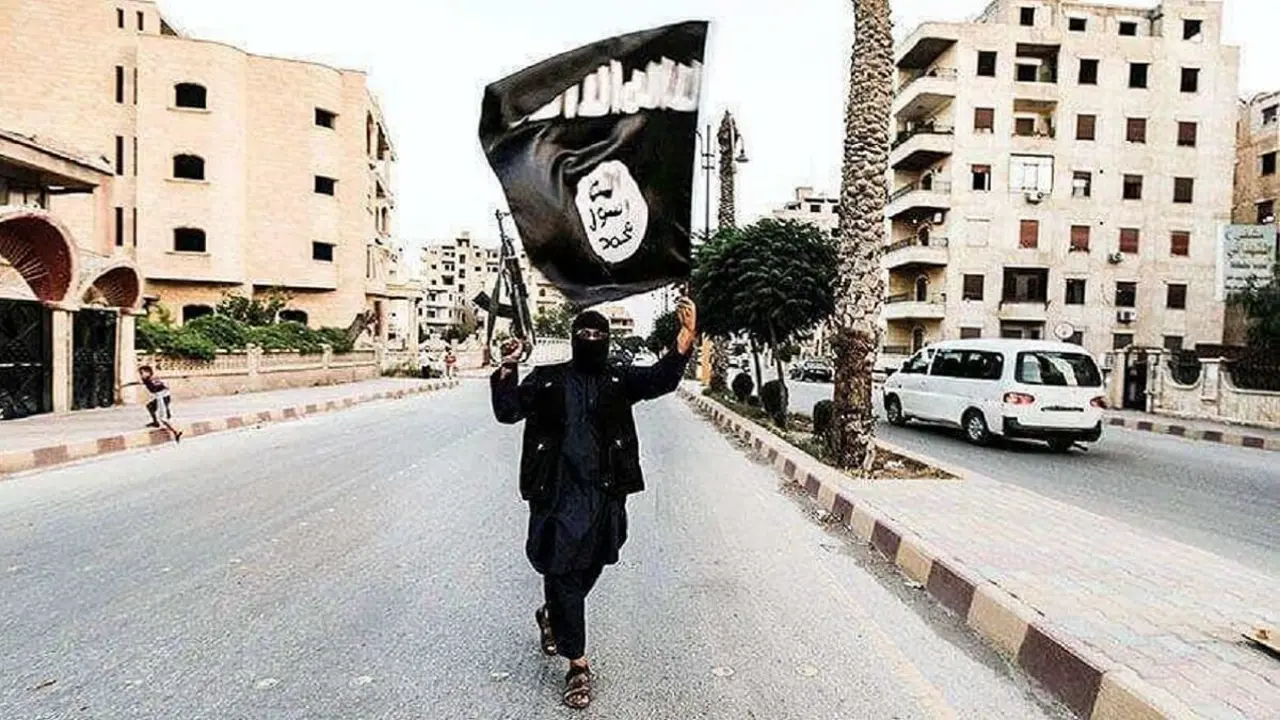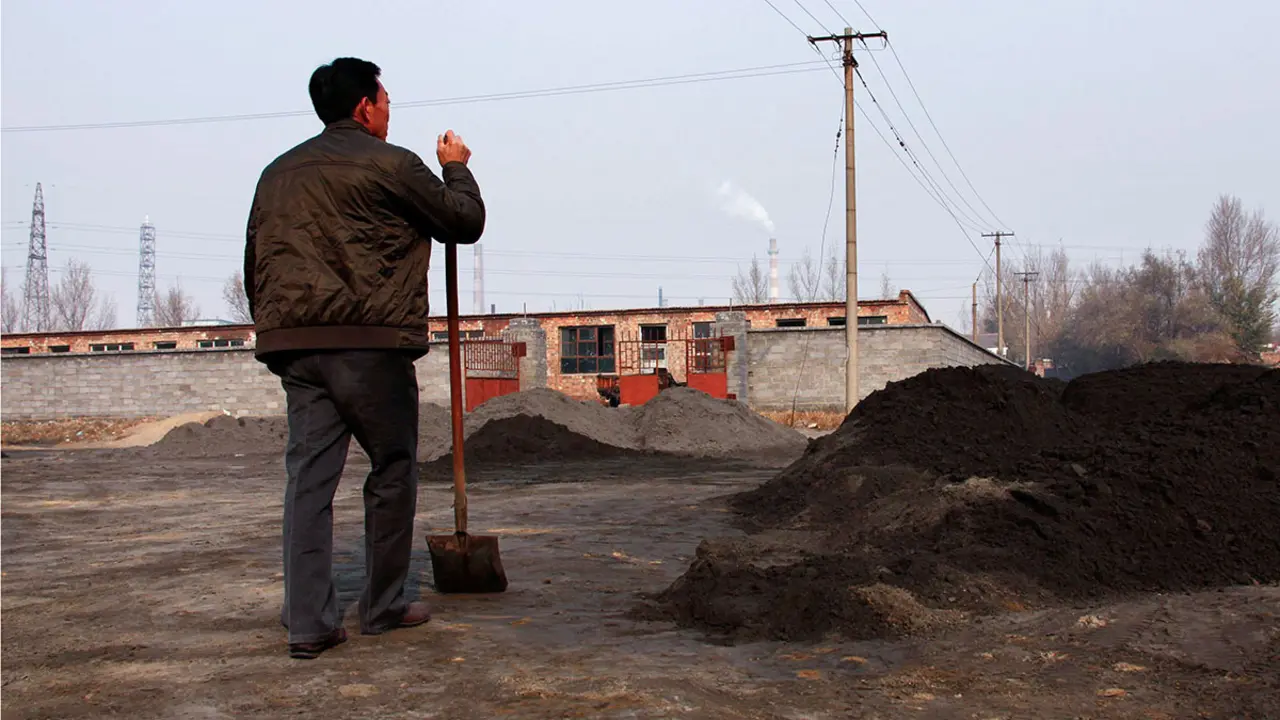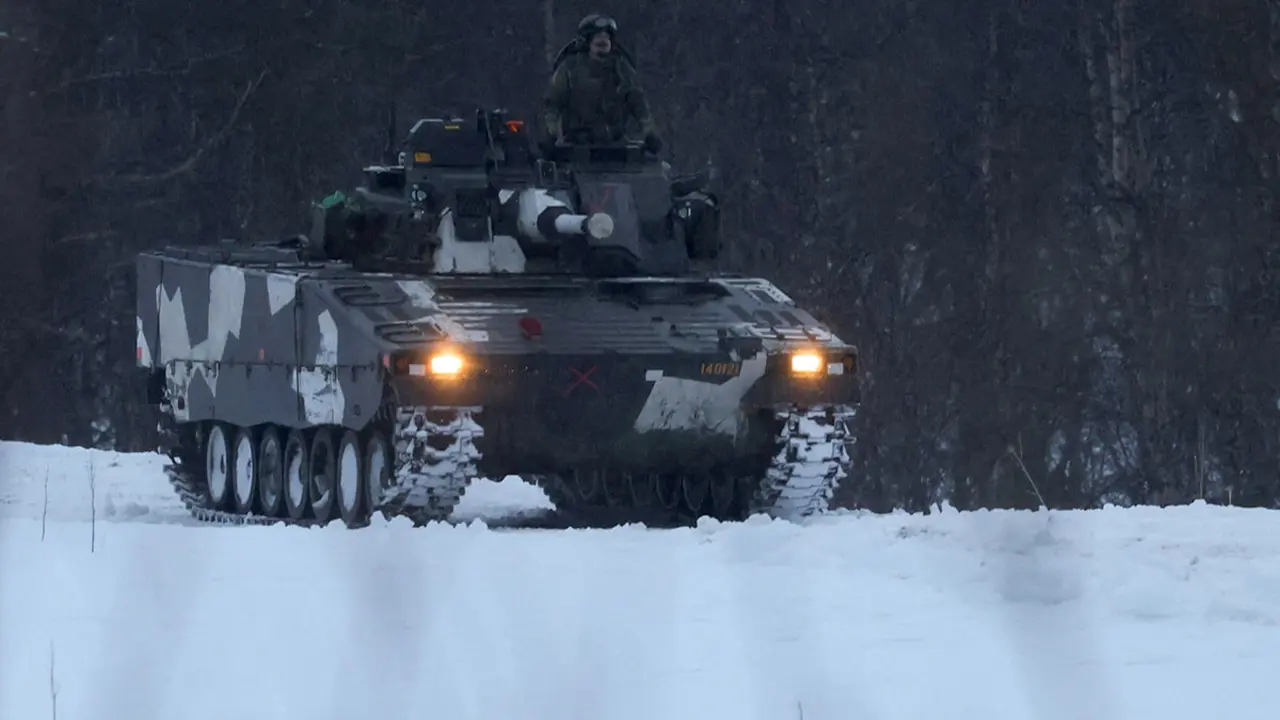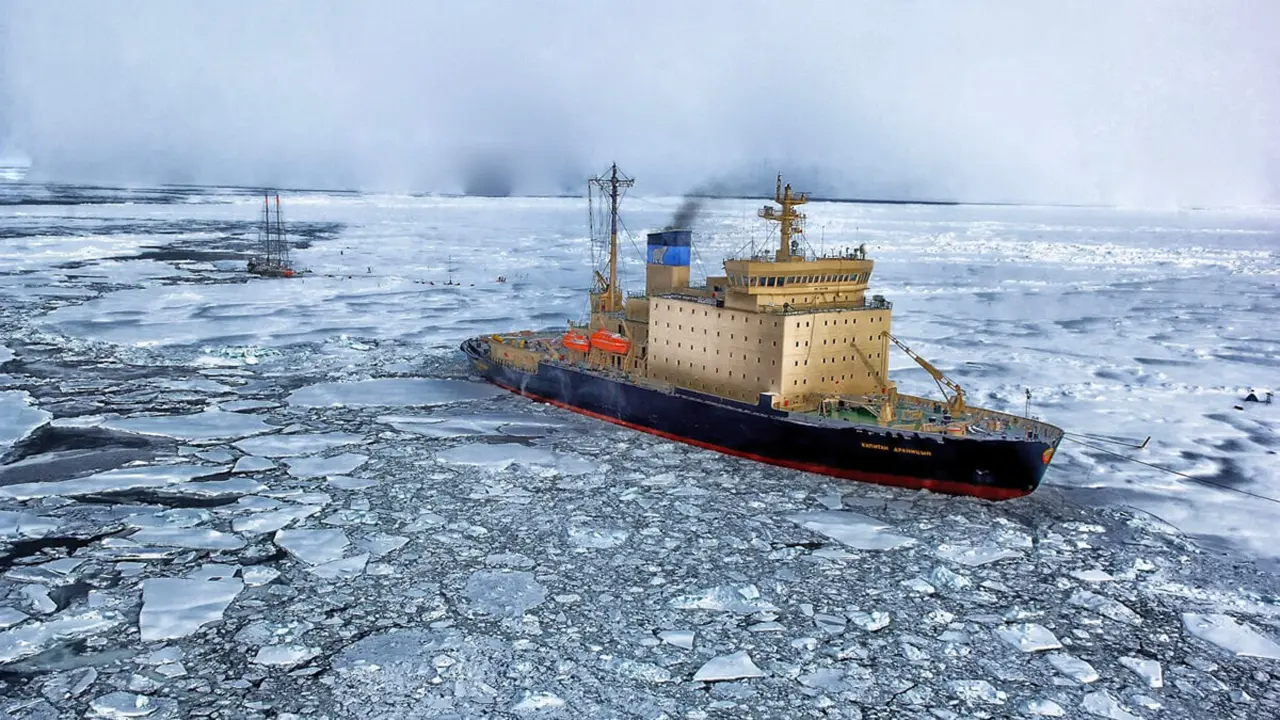Turkey and Iraq: united economically, separated by water
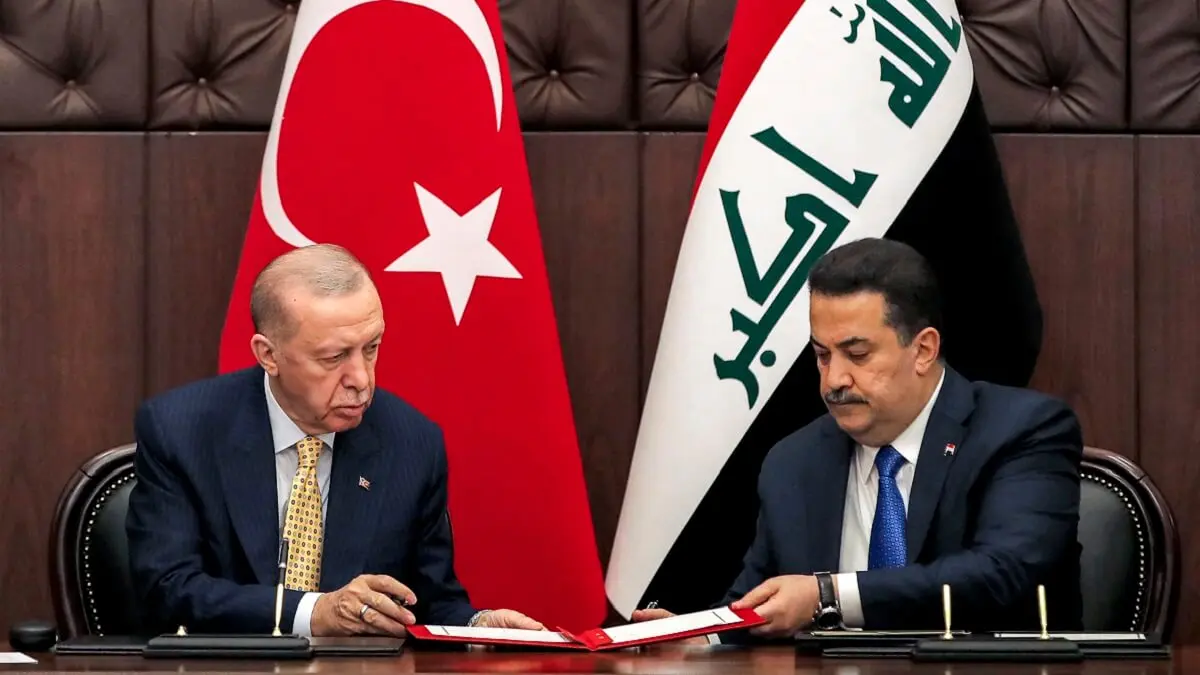
After years separated by high tensions, Turkey and Iraq have decided to cooperate. The two states have shared interests, as they face common challenges such as security and water. However, they do not seem to agree on how to tackle all challenges.
- Turkish-Iraqi cooperation
- What does Turkey propose?
- Iraq in the face of drought
- How does the problem arise?
- Security arrangements
- What about oil?
- The "Development Route"
Turkish-Iraqi cooperation
This year represents the birth of a new stage in Turkey-Iraq relations. For the first time since 2011, Turkish leader Recep Tayyip Erdoğan stepped foot in Baghdad to meet with the Iraqi prime minister and try to address outstanding issues.
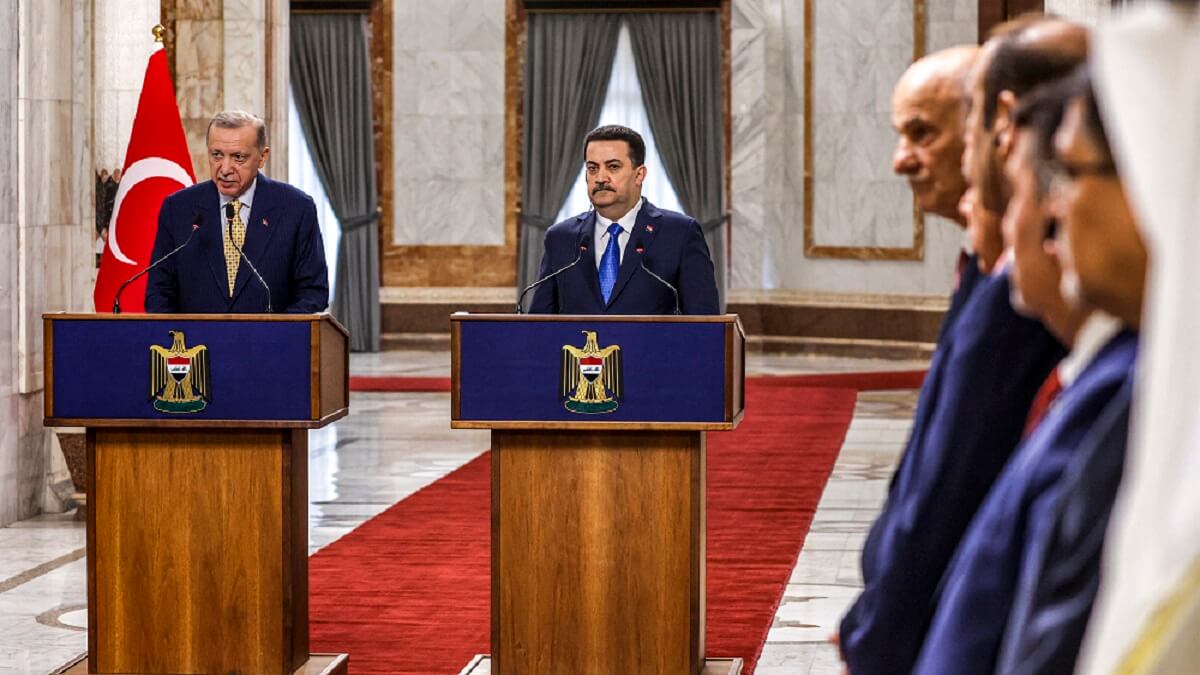
The meeting resulted in the signing of security, energy and economic treaties and reconciliation between the two nations.
It is hoped that this positive rapprochement will be followed by many more to finally resolve differences over Iraq's water shortages.
However, while the economic rapprochement is a reality, for the moment Erdogan does not appear to be willing to propose material solutions to the water crisis.
What does Turkey propose?
The visit and the signing of relevant economic treaties seemed to be the preamble to a commitment by Baghdad to end the water problem that worries Ankara so much... but this has not been the case.
Turkey has contributed to the search for a solution, it is true, but this has been perceived as ‘disappointing’ in Iraqi political and parliamentary circles.
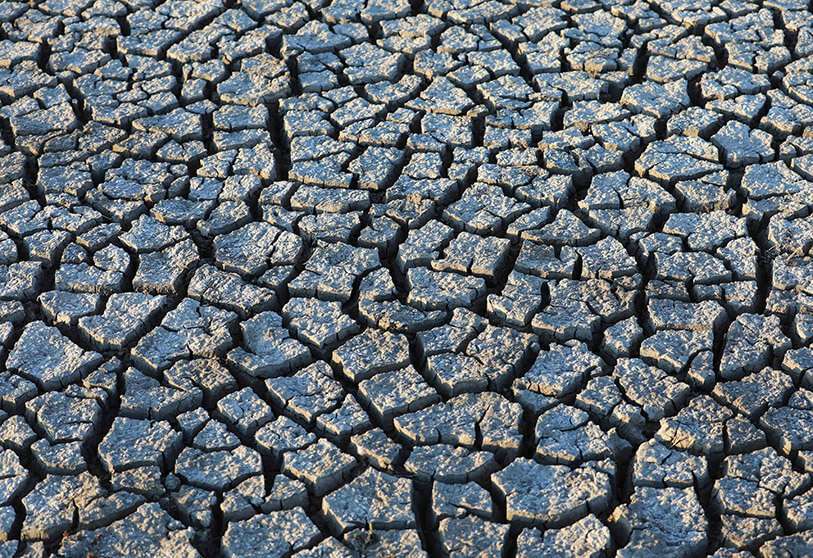
A weak agreement has been reached, proposing the creation of joint committees to address the possibility of a greater Iraqi stake in the Tigris and Euphrates rivers.
Is this a delaying strategy on Ankara's part? From an Iraqi perspective, it would seem so.
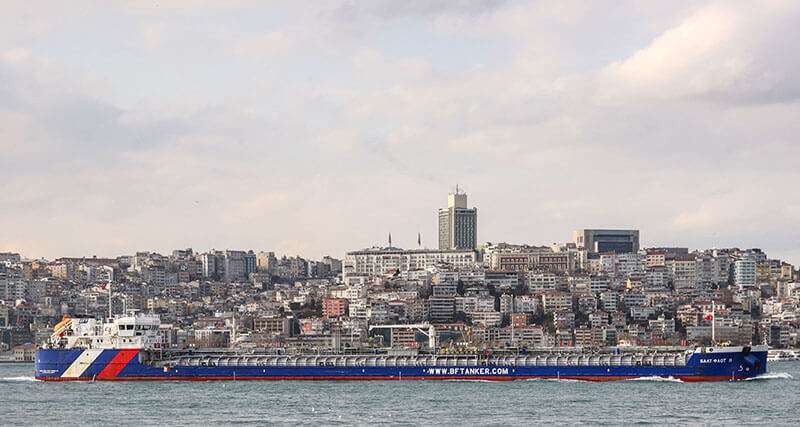
People like Thaer al-Jubouri, a member of the Parliamentary Agriculture and Water Committee, believe that negotiations with Turkey on the water issue have not progressed, as there is no point in setting up committees to grant an Iraqi presence that should already exist on the rivers.
As representative Al-Jubouri put it: "The issue in general does not require the formation of special committees, as international law imposes a number of obligations on riparian countries to ensure a fair and equitable share of water".
Iraq in the face of drought
As Al-Jubouri stresses, "the water file is a top priority in Iraq after the suffering of recent years and the severe consequences of drought".
The Ministry of Water Resources is taking steps to reduce the disaster and stop it from escalating. Water flow is being regulated, rivers and streams are being lined and modern irrigation systems are being put in place. In short, the water resources management being carried out is working well.
The spokesman for the Iraqi Ministry of Water Resources, Ali Radi Thamer, noted: "The Ministry of Water Resources is working on projects to improve irrigation efficiency, to benefit from all available revenues, whether surface water or groundwater, and to benefit from rainwater and floods".
And that is not all. Baghdad realises that it cannot stick to the measures already taken if the situation is to improve. Therefore, projects continue to be developed within the country, with a particular focus on rationalising water consumption.
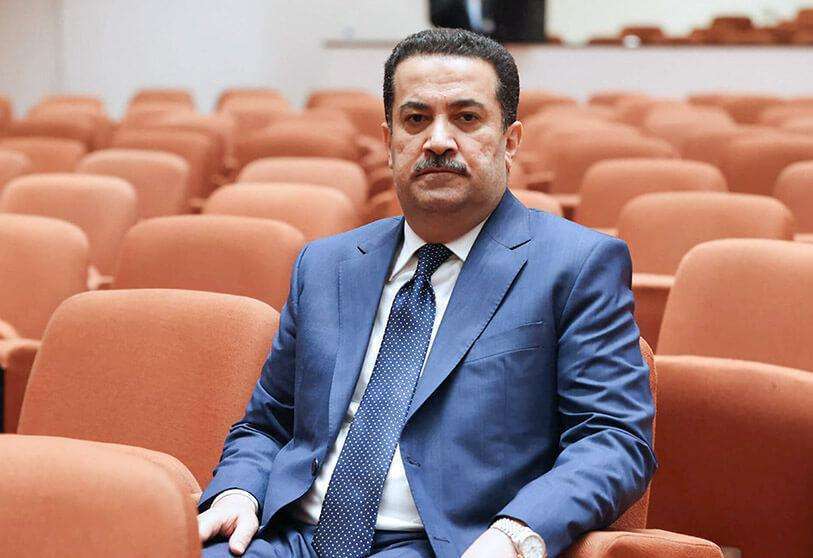
Muhammad Shiaa al-Sudani, Iraq's Prime Minister, is convinced that an Iraqi ‘revolution’ is about to take place, in which the nation will be prosperous, in terms of water, and will be involved in different projects. He said he would be involved in ‘water-rich investment projects, which will be reflected in the overall agricultural reality of the country’.
How does the problem arise?
The water crisis has not always been present in Iraq. In the past, the country could boast an abundance of water. So using water-intensive irrigation methods was not a problem. Now, there is no choice but to take matters into its own hands and replace the old procedures with more modern and efficient ones.
The Turkish government has sometimes blamed the drought problem on the inadequate use of water resources in Iraq. With this excuse, Ankara has presented its national companies as experts and experienced in modernising techniques, encouraging the use of their services as a way to save the country from the crisis.
Of course, it is not only the Iraqi state that is concerned. The main drivers of the problem have been global warming and the resulting climate crisis, Turkey's damming of the Tigris and Euphrates rivers, and Iran's heavy exploitation of the tributary rivers that connect Iranian territory to Iraqi territory.

Be that as it may, Iraq is now a territory where more than 40 million people are suffering from the effects of drought. This is a national problem, but also an international one.
Security arrangements
The engagement between Ankara and Baghdad goes beyond the water issue.
At their last meeting, representatives of the two sides signed a package of agreements on energy, security and the economy. Of particular interest were those on security.

In both Turkey and Iraq, the presence of armed individuals who threaten the security of both countries and may be linked to terrorist groups is very noticeable.
Al-Sudani expressed the importance of security in the region in the following words: ‘Based on our Iraqi Constitution, we do not allow any force to use Iraqi territory as a launching pad against neighbouring countries, and we do not allow any violation of Iraqi sovereignty’.
Erdogan also announced the creation of permanent joint committees to secure and protect technical discussions in the framework of the fight against terrorism. The aim is to completely eliminate all traces of the ‘terrorist organisation’ that alludes to the Kurdistan Workers' Party (PKK) and operates in Iraq.
It should be noted that the PKK is directly considered a terrorist group in the United States, the European Union and Turkey. Its rearguard and headquarters are located in the north of Iraqi territory, which poses a threat to relations with the Turks, who drop bombs in the area against Kurdish guerrillas.
What about oil?
Oil is a bilateral and relevant issue.
In the past, Iraqi Kurdistan exported around half a million barrels of crude oil per day through the Turkish Kirkuk-Ceyhan pipeline, without Baghdad's permission. The central government argues that these exports violated the Iraqi constitution and therefore it is the state's duty to stop them.
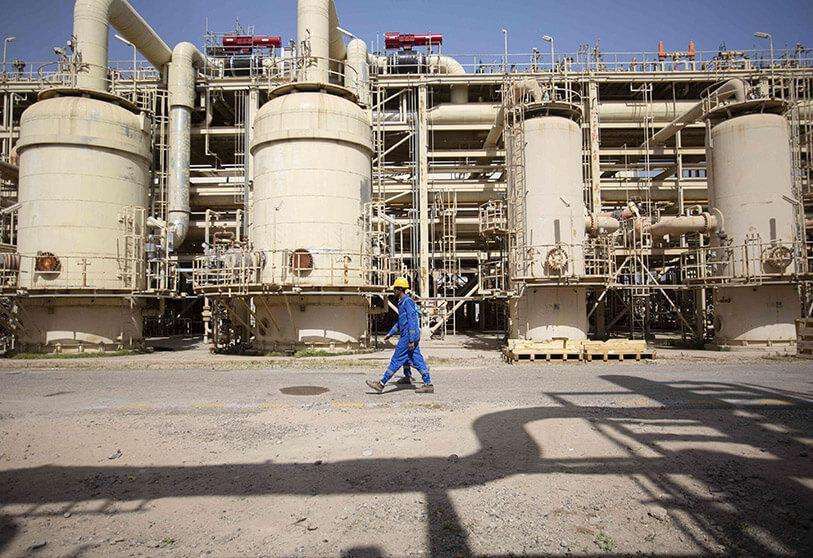
But the Iraqi constitution and laws do not really include many specifics regarding oil exports. For example, there is no rule or indication of how the revenues from the exchange are to be shared.
For this reason, Turkey and Iraq were at loggerheads. So much so that nine years ago the issue was brought before an international arbitration court and it was not until 25 March 2023 that the Iraqi capital confirmed that it had emerged victorious from the confrontation, saying it was also open to negotiating new ways of exporting Kurdistan's oil.
In this vein, Baghdad has been working to rehabilitate the Kirkuk-Ceyhan pipeline, which previously pumped 50 per cent of the world's supply and would now seek to pump around 350,000 barrels of oil per day to Turkey. This is a competitive route from Kurdistan, which is not supported by oil companies abroad or the Kurdistan Regional Government.
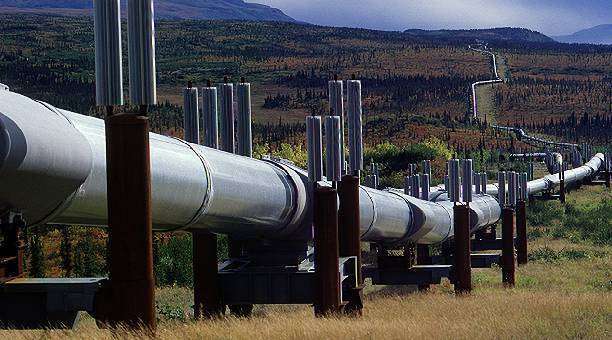
The Iraqi government is trying to entice oil companies to agree to oil sales to Turkey via the pipeline, which the Kurds do not like, as they are almost entirely dependent on oil revenues from their production-sharing agreements with foreign companies.
Basim Mohammed, Iraq's deputy oil minister, is convinced that fixing a main pumping station, in addition to completing all repair processes in the territory, would complete the ‘first stage of operations to restore the pipeline to its full capacity’.
The "Development Route"
Among the Turkish-Iraqi agreements, there is also the so-called ‘Development Road’. What does it consist of?
This is a 1,200 km road and rail construction project, valued at $17 billion and scheduled to be completed by 2030.
The aim is to create a cross-border transport network linking the Gulf states to Turkey via Iraq. The tracks run from the port through the cities of Diwaniyah, Najaf, Karbala, Baghdad and Mosul to the Turkish border.
Erdogan's visit to Baghdad gave a strong impetus to the plan, which requires state cooperation. The Turkish president and ministers from Turkey, Iraq, the United Arab Emirates and Qatar signed a ‘quadripartite memorandum of understanding’.
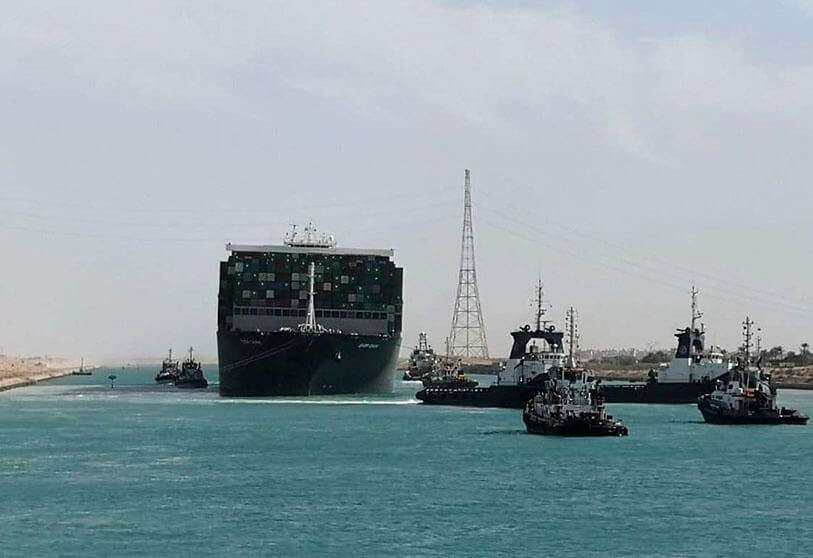
The project could compete with the international shipping route through the Suez Canal, which is the only one that currently exists in the region.
In recent weeks the plan has accelerated. Everything seems to be going smoothly.

